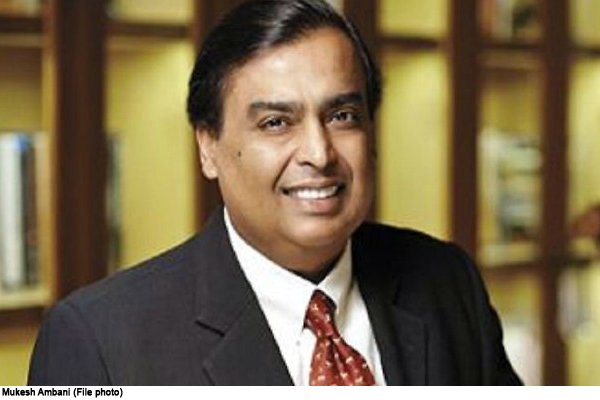After creating an upheaval in the telecom services sector, billionaire Mukesh Ambani has launched his next attack. This time he is eyeing the country’s fast-moving consumer goods (FMCG) market, which is already the fourth largest in the world.
With a host of fast-moving packaged food and beverages (F&B), Ambani’s Reliance today entered the market under its in-house brand Independence. To start with, it has chosen the Gujarat market where the products are being launched today. Incidentally, Ambani and the family originate from the western state of India.
Under Independence, the group has manufactured a wide range of packaged goods. From wheat flour, crystalline sugar, besan and tur dal to branded rice, biscuits, edible oils and packaged drinking water – Reliance’s move covers almost all major F&B categories.
Announcing the launch, Isha Ambani, Director, Reliance Retail Ventures said, “I am delighted to announce the launch of our FMCG brand Independence, which offers high quality and affordable products including Edible Oils, Pulses, Cereals, Packaged Foods and more.
Offers a wide choice and other daily need products. The brand stands for ‘Truly Indian Solutions to Real Indian Problems’, personified as ‘India in the ear’, creating an emotional Attachment is created and a sense of inclusion is created among Indians.
The packaged F&B brand is owned by Reliance Consumer Products Limited – which in turn is a wholly owned subsidiary of Ambani’s consumer business Reliance Retail Ventures (RRVL). Apart from the newly launched FMCG business, RRVL also operates the retail business of the group. With over 16,500 outlets, 2 million merchants and an annual turnover of Rs 200,000 crore, RRVL is by far the largest retailer in India.
While Ambani has been aggressively planning his entry into the FMCG market, its foray into a wider range of categories has now put Reliance in direct competition with the country’s major consumer goods players such as ITC, Tata Group and Britannia.
While ITC is the biggest player in the packaged wheat flour market with sales of over Rs 3,500 crore from the category, the Tata Consumer Products conglomerate is betting heavily on packaged kitchen items like pulses and spices. Apart from ITC, Britannia and Parle dominate the Indian biscuit market.
While Reliance will stick to the Gujarat market for the time being and build its F&B brand from there, sources say the project has been launched to test the waters. Eventually, it plans to go pan-India with its F&B portfolio. And with RRVL as its parent, Reliance Consumer Products already has an edge over other FMCG manufacturers as it has a vast network of modern retail outlets.
Last year, RRVL catered to around 200 million retail customers, up 230 per cent from FY21, while its digital commerce platforms (such as JioMart and Milk Basket) handled an average of 600,000 orders every day. According to Isha, RRVL’s merchant partner base — started two years ago — now includes over 2 million merchants. “We add around 150,000 partners a month and [reach] 10 million merchants (partners) as we expand our presence to cover the entire country, over 7,500 cities and 500,000 in the next five years serve more than 100,000 villages,” she said during Reliance Industries’ annual general meeting in August. To take this further, it has tied up with Meta (formerly Facebook) to allow consumers to place orders through WhatsApp.
According to the senior Ambani, while RRVL is already a leading player in modern retail and digital platforms, the company aims to expand its reach in under-served areas.
“In this endeavour, our strategy is to integrate with lakhs of small merchants… The aim is to bring them to be an integral part of the widest distribution portfolio across the country so that they can provide their customers with the same options that are available in the market are available in major cities,” he said during the AGM.
Additionally, according to Mukesh Ambani, RRVL is also working to further strengthen its supply chain capabilities so that it can serve the vast Indian geography in the “most efficient manner”. This will not only help reduce waste but also allow the company to pass on benefits to its customers – which effectively means, it will be able to offer products at competitive prices.

